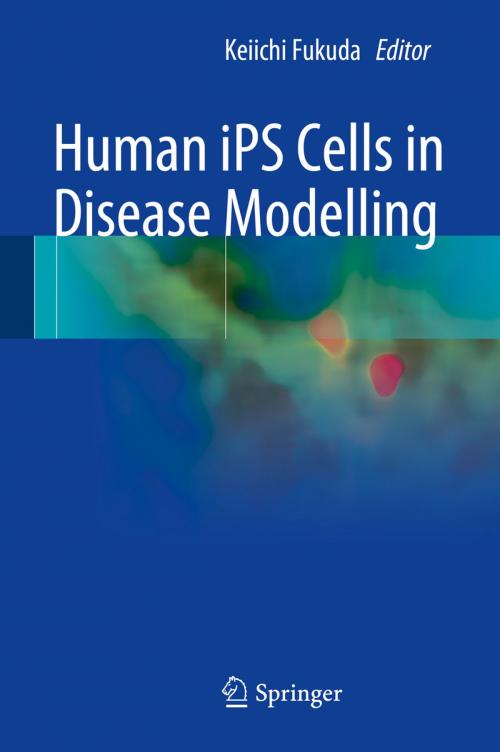Human iPS Cells in Disease Modelling
Nonfiction, Science & Nature, Science, Biological Sciences, Cytology, Genetics| Author: | ISBN: | 9784431559665 | |
| Publisher: | Springer Japan | Publication: | March 30, 2016 |
| Imprint: | Springer | Language: | English |
| Author: | |
| ISBN: | 9784431559665 |
| Publisher: | Springer Japan |
| Publication: | March 30, 2016 |
| Imprint: | Springer |
| Language: | English |
Human iPS cells have a great potential to be cell sources for regenerative medicine because of the promise of infinite self-renewal and the capability to differentiate into multiple cell types. This book focuses on another great potential of human iPS cells, which is the establishment of human disease models using patient-specific iPS cells. Human iPS cells can be easily obtained from a patient’s somatic cells and provide the entire information on the patient’s genome. Accordingly, we can generate disease models for inheritable diseases in cell culture dishes using iPS cells. This is a quite new technique but holds tremendous potential for our increased understanding of pathogenesis, and will then be the basis for novel drug development industries. All the authors are leading researchers in this field and they have reported many kinds of patient-derived iPS cells. In this book, they introduce the aspects that could be recapitulated in terms of disease modelling as well as further innovative findings such as novel pathogenetic insights and novel therapies.
Human iPS cells have a great potential to be cell sources for regenerative medicine because of the promise of infinite self-renewal and the capability to differentiate into multiple cell types. This book focuses on another great potential of human iPS cells, which is the establishment of human disease models using patient-specific iPS cells. Human iPS cells can be easily obtained from a patient’s somatic cells and provide the entire information on the patient’s genome. Accordingly, we can generate disease models for inheritable diseases in cell culture dishes using iPS cells. This is a quite new technique but holds tremendous potential for our increased understanding of pathogenesis, and will then be the basis for novel drug development industries. All the authors are leading researchers in this field and they have reported many kinds of patient-derived iPS cells. In this book, they introduce the aspects that could be recapitulated in terms of disease modelling as well as further innovative findings such as novel pathogenetic insights and novel therapies.















